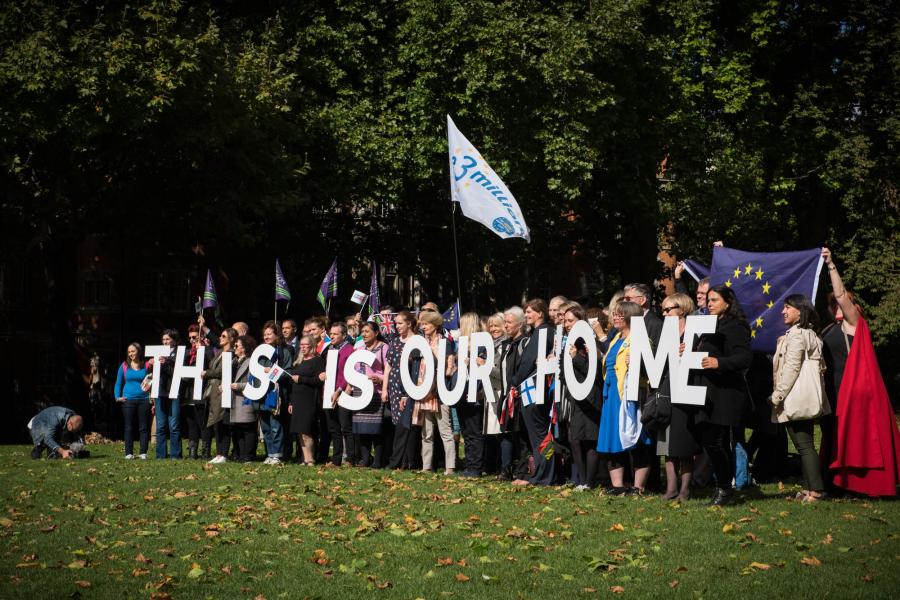Legal advice vs legal support
This page explains the difference between giving legal advice (illegal) and providing legal support on the Forum for EU Citizens and in other groups on social media or elsewhere.
All members of the Forum (including the mods) must refrain from giving legal advice to fellow Forum members.
It’s illegal for anyone to provide legal advice to individuals unless you are accredited with OISC/LSC (the regulatory bodies of immigration advice), or is a member of certain other bodies (see here).
This doesn’t mean you cannot talk about your experience when dealing with the Home Office or provide legal support (see below) but don’t provide legal advice.
What is legal advice?
Legal advice is specific, direct, and proposes a course of action.
What is legal support?
Legal support is information which is factual, generic, and does not address any one particular cause of action. Providing legal information in the EU Settlement Scheme context could be explaining how the system works. This is not providing legal advice.
What's the difference?
For example:
- Someone says they haven't applied for Settled Status yet
- You reply, based on your understanding of the law, that they must do so because otherwise the would be unlawfully resident.
- This could be defined as giving legal advice
Another example:
- Someone asks you if they should apply for British Citizenship now that they have settled status for a year
- You reply, based on your understanding of the law, that they can.
- This would be defined as giving legal advice.
The reason this is legal advice is because:
- It is based on your understanding of the law;
- There can always be something in people’s personal circumstances that you don’t know about;
- It's calling for a specific course of action.
Instead, you should point them at publicly listed resources about the subject without making any interpretation of the law or calling for a specific course of action. This can only be done by registered immigration practitionners.
Advice from family and friends is generally not considered to be strictly legal advice, but this is because it is assumed they are not advising you on the basis of the law and are not attempting to give any formal advice, but are advising you in a personal capacity on the basis of what they think you should do as your friends.
If you attempt to give a friend advice about what they should do in their case based on your understanding of the law, this could still be defined as giving legal advice.
Wrong advice is far worse than no advice.
What can you do?
There are many things that EU citizens can do to provide legal support without giving legal advice. You can provide general legal information, or point people to any of the following:
- Our page Useful Links to Support Organisations
- The website from our sister charity Settled, which specialises in supporting EU citizens with their settled status application.
- Here for Good is a charity set up specifically to help you in applying for Settled Status, using pro-bono lawyers to help vulnerable EU citizens with complicate cases.
- We also recommend the London Mayor information hub for EU citizens: https://www.london.gov.uk/what-we-do/eu-londoners-hub
- For information on citizenship, Citizens's Advice provide general information on this page: https://www.citizensadvice.org.uk/immigration/applying-for-british-citizenship/
- UKCEN is providing information about settled status, citizenship on their publicly available forum: https://www.forum.ukcen.com
Instructing a lawyer
If you want to instruct a lawyer, don’t answer phishing emails or adverts to avoid sharks.
Instead, find a lawyer via The Law Society, or via ILPA (Immigration Law Practioners' Association).



